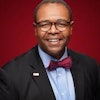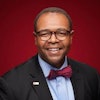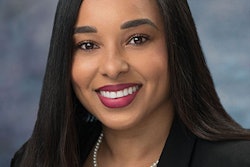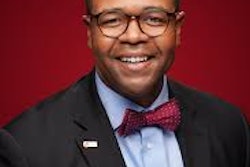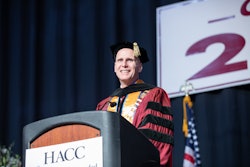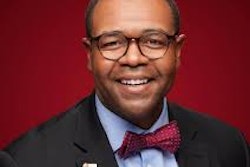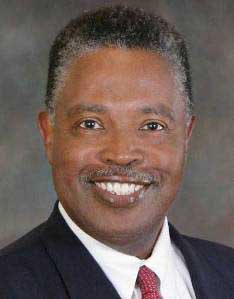
Just days ago, we had a terrible shooting with lives lost in Munich Germany. Less than a month ago we had a terrorist attack in Nice, France. Closer to home we have had shootings in Louisiana and Minnesota. Police have been killed in Louisiana and Texas. Some of us are asking the question, does any life matter?
Recently, Great Britain pulled out of the European Union and it has affected the world’s economic stability. Here in the states, the Dow Jones has taken a big hit and 401k plans are suffering. Where are we headed economically? That question is on the minds of many of us.
If all of the aforementioned wasn’t enough, the presidential candidates of the major parties, Hillary Clinton and Donald Trump, are throwing punches at each other on an hourly basis. The Republican National Convention just wrapped up last week in Cleveland and the Democratic National Convention is underway in Philadelphia.
My advice is to get out and vote in November. If we end up with a golf-course developer as the president of the United States of America, we only have ourselves to blame because we didn’t vote. Do we want a wall divider or a bridge builder? You know the answer to that question. Let us not be lulled to sleep because we think insanity doesn’t stand a chance. Remember, crazy does happen.
Having just celebrated July 4, it has given me pause to wonder what type of leaders we will need going forward in these uncertain times.
A few days ago, I picked up a book I hadn’t read in a while titled, The Leadership Challenge, by James M. Kouzes and Barry Z. Posner. Some of the sections are titled, “Set the example: Do what you say you will do” and “Confronting and changing the status quo.”
Over time, many of us have developed thoughts and ideas about the leadership question. Let me toss out a few good leadership characteristics for your review and consideration.
I believe leaders should be good listeners. Without listening, it is difficult to know what people are thinking. Those who lead get a number of new ideas and approaches from just listening to other folks.
Having a vision is another important trait that leaders must have. While tomorrow is not promised, we must plan for it. Being a visionary means seeing the possibilities and then making it happen.
Leaders must also understand the difference being liked and being respected. Many years ago, one of my mentors, Dr. Lionel Hodge Newsom, a former president at Johnson C. Smith University in Charlotte, North Carolina, said to me that being liked for your decision is akin to the Dow Jones: you are up one day and down the next day. He told me further that if you base your decisions on being liked that you will not last very long.
There is not one of us who wants to be disliked, but being respected is a much higher calling. Leaders unfortunately have to say unpleasant things to people at times. One of the keys is to do it with compassion. Understanding that people have feelings goes a long way in tempering unpleasantness with some humanness.
Mentoring future leaders is a component of leadership that is extremely important. Leaders have a responsibility to shape and to mold the skills of future leaders. It is my opinion that organizations that foster mentorship will continue to have in place great leadership.
Lastly, leaders must be confident and be risk takers. They must have presence and others must see it and feel it. Leaders who serve as change agents are good risk takers. Obviously, the continued growth of our great country will require risk takers.
New leaders on a national level will be chosen soon and their leadership will be at the forefront. Our ability to understand will help us in the years to come.


